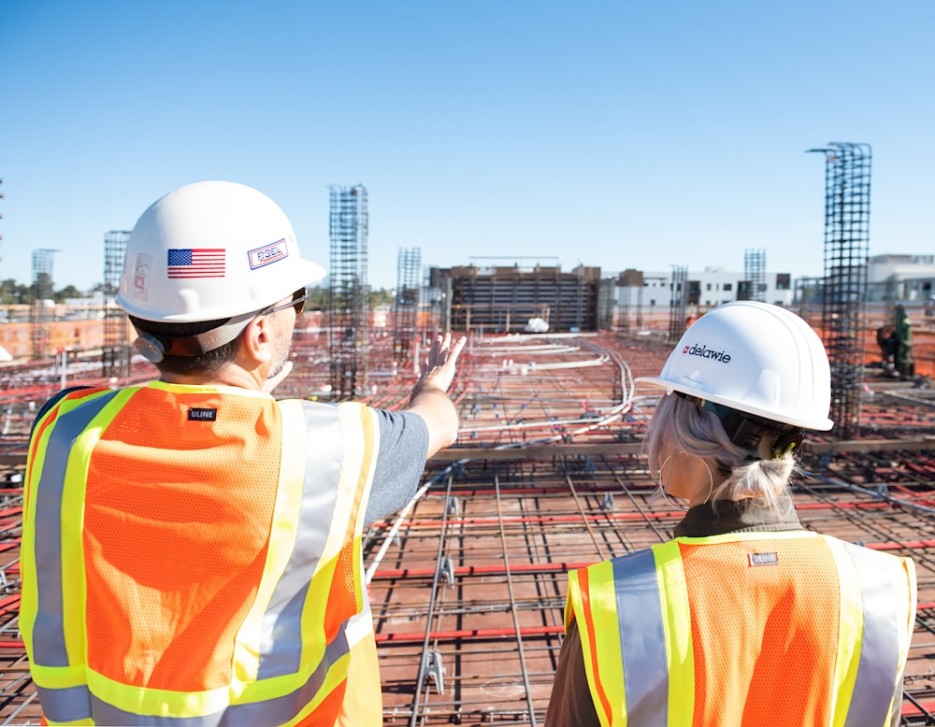
The US economy defied expectations, adding a robust 303,000 nonfarm jobs in March. This marks the 39th consecutive month of job growth and presents a significant victory for President Biden’s economic agenda.
The unemployment rate held steady at a low 3.8%, with significant job gains occurring in healthcare, government, and construction sectors. Economists had anticipated a more modest increase of 184,000 jobs, according to figures from ADP.
While the report is undoubtedly positive news, it also raises concerns about inflation. A strong job market, with more people earning wages, can lead to increased consumer spending. This surge in demand, coupled with ongoing supply chain issues, could put upward pressure on prices, potentially exacerbating the current inflationary climate.
President Biden celebrated the report, calling it a “milestone in America’s comeback.” In a statement, he highlighted the creation of over 15 million jobs since he took office. However, the potential inflationary effects of such robust job growth will likely be a key point of discussion in the coming months, as the Federal Reserve navigates strategies to combat inflation without hindering economic momentum.
Federal Reserve Governor Michelle Bowman dissented from the prevailing view on Friday, suggesting interest rates might need to rise further to control inflation, rather than fall as some officials and markets anticipate.
“While it is not my baseline outlook,” Bowman said in prepared remarks for a speech to a group of Fed watchers in New York, “I continue to see the risk that at a future meeting we may need to increase the policy rate further should progress on inflation stall or even reverse.”
Her comments highlight potential “upside risks” to inflation, urging caution against loosening monetary policy too quickly.
“Reducing our policy rate too soon or too quickly could result in a rebound in inflation, requiring further future policy rate increases to return inflation to 2 percent over the longer run,” Bowman cautioned.
This emphasizes the ongoing debate within the Fed. While some see progress and anticipate future rate cuts, Bowman serves as a reminder of the potential risks involved in premature policy changes.
